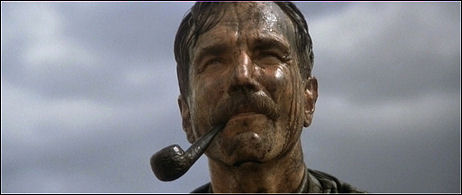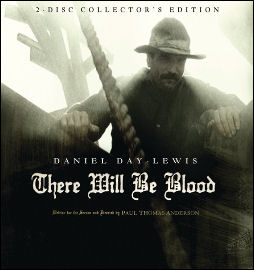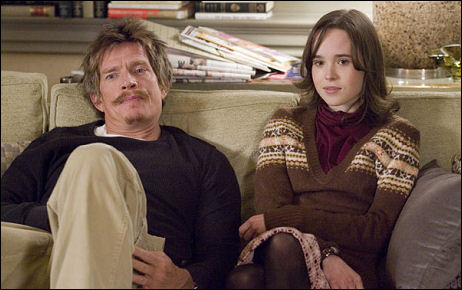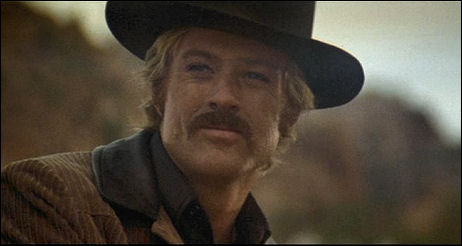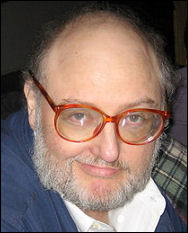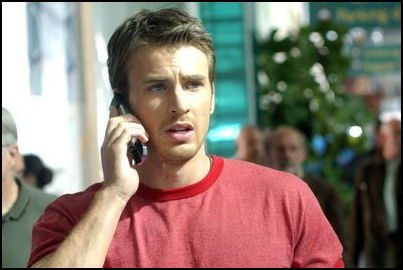Open letter to Barack Obama campaign manager David Plouffe: In 2004 Oscar-winning documentarian Errol Morris (Standard Operating Procedure, The Fog of War), working with MoveOn.org, created a brilliant series of TV ads about “real people” (mostly Republicans) who’d voted for George Bush in 2000, but had decided to vote for John Kerry in 2004. This year, there are many more Republicans talking about voting for Obama than were persuaded about Kerry four years ago. See where I’m going with this?

Standard Operating Procedure director Errol Morris — Thursday, 4.10, 4:50 pm.
I’m frankly surprised that you guys, being as savvy as you are at political ads, haven’t yourselves contacted Morris about doing a series of spots about Obamacans, and this time actually put them on the air. Oh, you didn’t know? Morris’s ’04 spots never went on TV — they were viewable only at moveon.org, and later, of course, at errolmorris.com. Democrats!
Morris told me Thursday he’s definitely open to coming up with a series of Obama spots. Perhaps he’ll even devise something better than the Republican switch idea. (Or not.) You should make this happen either way. You’ve obviously flush enough to hire the Frank Lloyd Wright of documentarians, and getting a bunch of Obama-favoring non-liberal Average Joes to speak to Republicans, independents and Reagan Democrats could seriously influence things, especially with about half the independents leaning toward McCain right now.


